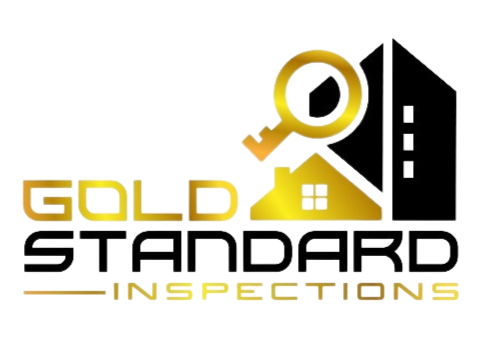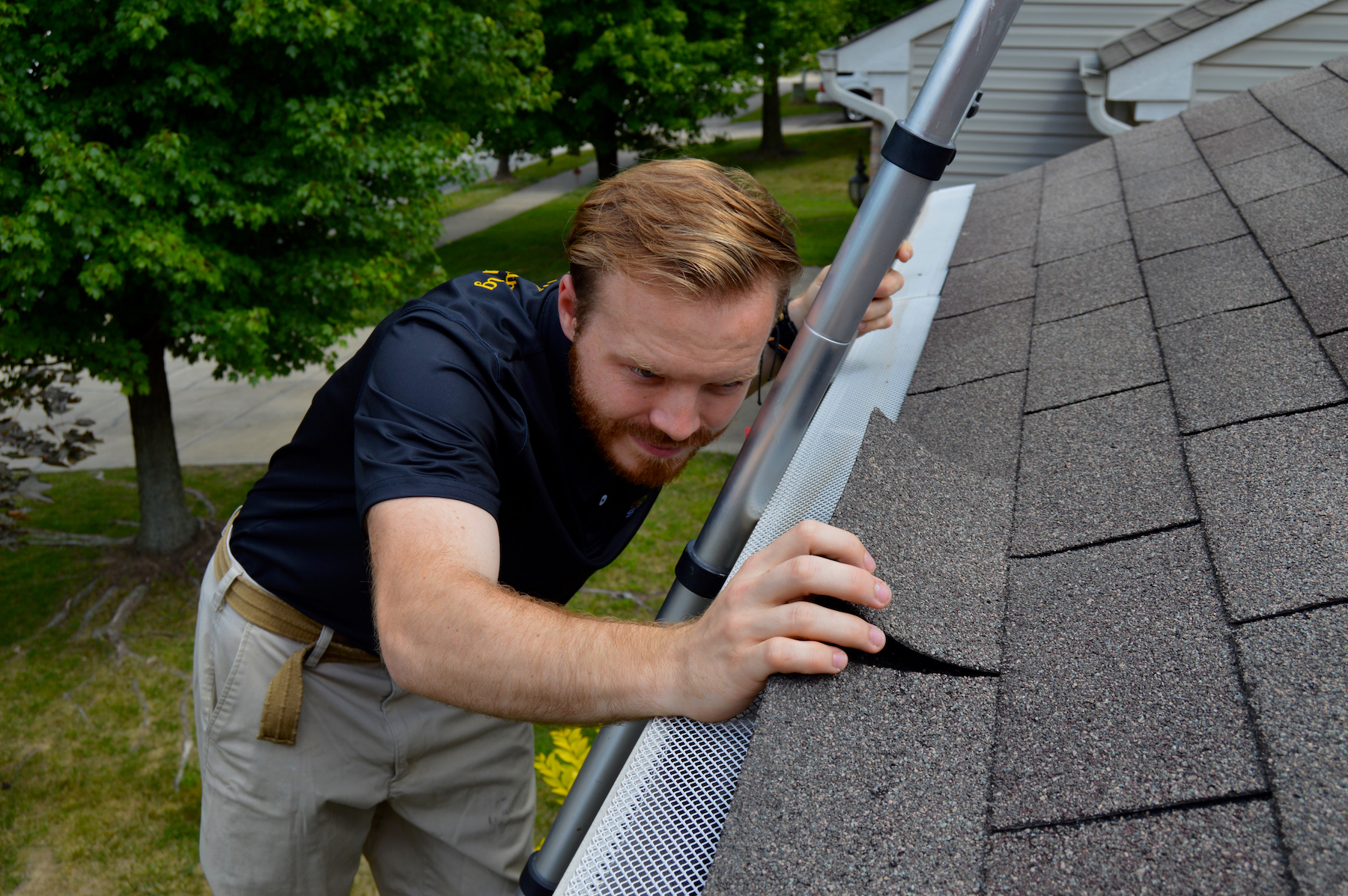At Gold Standard Inspections, we often encounter misconceptions or pre-inspection questions about the home inspection process. We want you to be as informed as possible not only about the home you are buying, but also about your inspection.
- We Can’t See Inside Walls
Keep in mind that we conduct a visual inspection and can’t see through walls or hidden areas. - Understanding the Report is For You
Remember, the inspection report is yours to keep, and you are not required to share it with anyone. Our role at Gold Standard Inspections is to help you understand the findings and the context behind them. Ultimately, it is your decision what to do with that information—whether to ask the seller to fix, replace, correct the findings; or ask for credit; or even if you decide to walk away from the home. - Limit Family Involvement
Having multiple family members present can distract the inspector from their work. We know your family is excited for you and your new home, and we are perfectly okay with you bringing them to inspection; however, it’s best to keep the inspection focused between you and your inspector. Having multiple questions come from multiple family members can take time away from the inspection. - No Home is Perfect
Don’t let minor issues or easy corrections deter you. Remember, no house is flawless, and it’s crucial to view problems in context. The inspector will help you understand the context behind the findings. - We Don’t Make Decisions for You
A home inspector will not tell you whether to buy or not buy a property. We must remain an unbiased party. Ultimately, the decision lies with you. - You Control the Repair Requests
You have the power to decide what to ask the seller to repair, replace, or correct, not just your real estate agent. - You Don’t Need to Take Notes on Everything
Our detailed report will cover all important points, allowing you to focus on the inspection itself without worrying about jotting down every comment. - In a Seller’s Market, Repairs May Be Limited
If you’re in a competitive seller’s market, don’t expect sellers to address every issue. Many may choose to leave repairs to the new owners. - Every Problem Has a Solution
With enough money, time, and patience, almost any issue can be resolved. - The Inspection Time is Limited
If you’re present during the inspection, please remember that we have a limited time at the inspection and don’t want to hold up the homeowners from returning to their home. We encourage you to ask questions and inform the inspector of any issues you have with the property that you want him/her to investigate; however, understand that a majority of the inspection time must be dedicated to inspecting your future property to ensure a thorough report. - It’s Not a Pass/Fail Scenario
We serve as an unbiased party in this process; we don’t “pass or fail” a house. These are also visual assessments, not code inspections. - We’re Generalists, Not Specialists
While we have extensive knowledge of many areas in the home, we are not specialists. For more detailed assessments and invasive evaluations of systems like HVAC, you’ll need to consult a qualified contractor. - Things Will Break Once You Move In
No inspector can predict every future issue. Things may break after you move in, but we provide a thorough snapshot of the home’s current state. - They Can’t See Through Walls
Keep in mind that we conduct a visual inspection and can’t see through walls or hidden areas. - Home Inspections Aren’t Comprehensive
They aren’t going to catch everything, and the inspection is limited to a visual assessment without moving furniture, storage, or boxes.
The Bottom Line
Many homebuyers do not fully grasp what a home inspection entails. At Gold Standard Inspections, we aim to equip you with the knowledge you need before your inspection.
A home inspection provides a visual snapshot of your property’s overall condition and major components. This insight is invaluable, helping you negotiate with the seller and plan for future homeownership expenses. With the right understanding, you can approach the inspection process with confidence and clarity.







